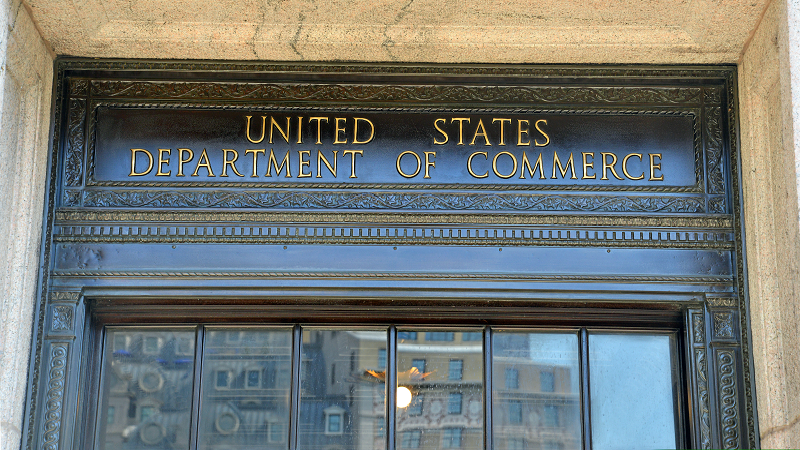
Arielle Roth, the Trump administration’s pick to lead the National Telecommunications and Information Administration (NTIA), pledged to implement Biden-era bipartisan broadband expansion plans while vowing not to favor White House advisor Elon Musk’s Starlink as part of that process.
Testifying in front of the Senate Commerce, Science, and Transportation Committee on March 27, Roth told lawmakers that when looking to provide underserved or unserved Americans with broadband access she “will administer the program to the benefit of the American people, not any single individual or company.”
NTIA, the Commerce Department’s telecom arm, was directed under the bipartisan Infrastructure Investment and Jobs Act of 2021 to oversee $42.5 billion allocated to the Broadband Equity, Access, and Deployment (BEAD) Program. The program was created to close the digital divide by expanding high-speed internet access across all 50 states, the District of Columbia, and U.S. territories.
The Biden administration had envisioned the placement of fiber-optic lines for broadband access – which can be expensive to install but are low-cost to maintain and long-lasting – while Republicans have recently made the push to create more internet access via Musk’s satellite broadband company Starlink.
“There is some indication that there may be suggestions to give more favor to satellite technology … so how are you going to ensure that you are administering this without favor to a particular technology or company, particularly one that is overseen by somebody who has a very outsized role in this administration,” Sen. Tammy Baldwin, D-Wis., asked during the confirmation hearing.
“I believe that Congress wrote the BEAD program legislation in a tech neutral manner,” Roth replied. “Tech neutral goes both ways – just like we wouldn’t want to have only one technology like fiber as the only solution, nor would a separate technology be the only one that’s that would be funded by the program.”
Sen. Ed Markey, D-Mass., noted that while the BEAD program never excluded satellite broadband it did slate fiber to be used unless it was too expensive.
“I strongly urge you to oppose this giveaway to Elon Musk and ensure that the BEAD program delivers for all Americans and that we not adopt a more costly approach,” said Sen. Markey.
During the hearing, the BEAD program came under fire from Republicans who said that the program had yet to connect Americans since its passage in 2021, while advocating for the use of Starlink.
Chairman Tedd Cruz, R-Texas, suggested that “the Biden administration suffered from Elon derangement syndrome,” claiming that Starlink “is technology that could have connected … households in distant, rural places.”
In response to a question from Sen. John Hickenlooper, D-Colo., Roth also made a commitment to help expedite the permitting process under the BEAD program, saying that “expediting build-out” would be her priority.
Earlier this month, Commerce Secretary Howard Lutnick announced the agency’s plans to conduct a review of the BEAD program, stating that “the Commerce Department has launched a rigorous review of the BEAD program,” and that it “is ripping out the Biden administration’s pointless requirements.”
